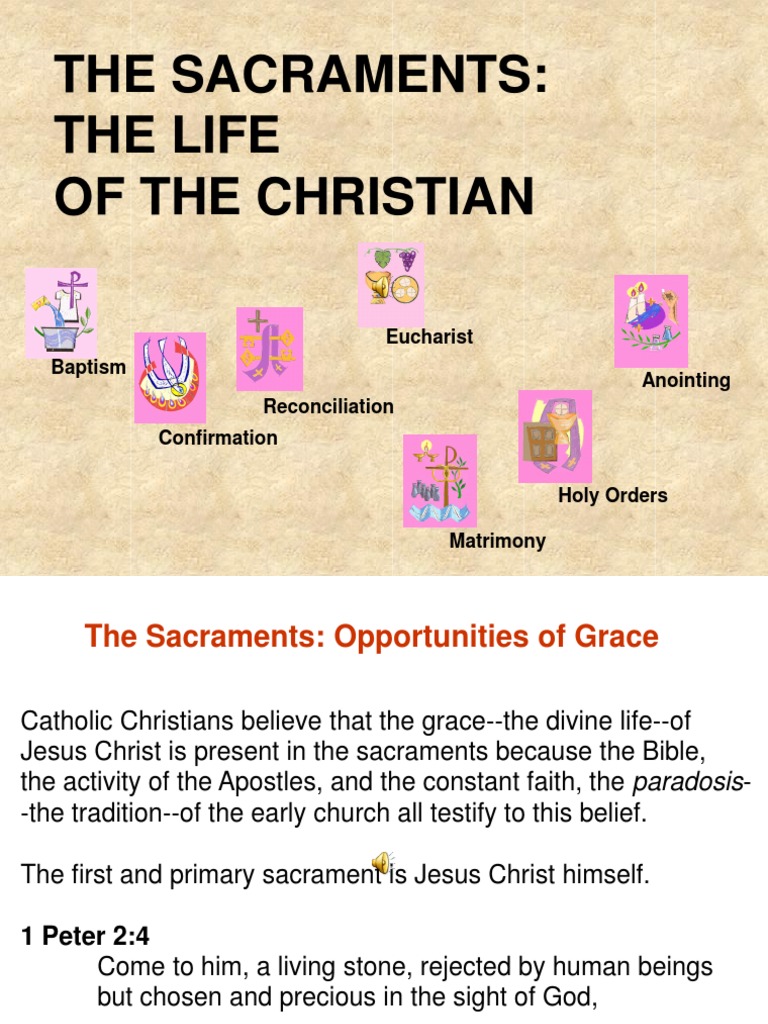The Baptist faith embodies a rich tapestry of beliefs, practices, and aspirations that have evolved over centuries. Central to this tradition is the unwavering commitment to the authority of Scripture, the significance of baptism, and the fundamental doctrines that underpin the faith. In examining the intricacies of Baptist beliefs, one can appreciate not only the details of their doctrine but also the broader implications these beliefs have on their spirituality and communal life.
At the heart of the Baptist tradition lies the principle of Sola Scriptura, meaning that Scripture alone is the ultimate authority in all matters of faith and practice. This affirmation of biblical authority is not merely a doctrinal statement; it is a profound acknowledgment that the Word of God serves as the foundation upon which all beliefs and actions are constructed. Baptists assert that individual believers possess the right and responsibility to interpret the Scriptures, guided by the Holy Spirit. This notion fosters a spirit of inquiry and reflection, inviting each believer into a personal relationship with the text and, by extension, with God.
Baptist belief in the priesthood of all believers further enhances this concept. It eliminates the stratifications seen in some other religious traditions and places each believer on equal footing. This democratizing perspective encourages congregational engagement and accountability. The implications of such a belief are significant, as it empowers individuals to actively participate in the life of the church and enriches the communal experience of worship and service.
Baptism itself serves as a pivotal sacrament within the Baptist tradition, rooted deeply in both faith and symbolism. Unlike many denominations that practice infant baptism, Baptists uphold the necessity of believer’s baptism, asserting that an individual must first profess faith in Jesus Christ before undergoing the rite of baptism. This perspective underscores the personal nature of faith in Baptist thought; it is not merely a cultural or familial obligation but a conscious choice that signifies an inner transformation.
The act of baptism is laden with rich symbolism. It signifies identification with the death, burial, and resurrection of Christ, encapsulating the essence of the Gospel message. For Baptists, the immersion of the believer in water serves as an outward expression of an inward reality—an authentic declaration of faith and repentance. This approach invites reflection on the transformative power of faith, framing baptism not merely as a religious ritual but as a vital, dynamic act that marks the believer’s entry into a covenant community.
The communal aspect of faith is further emphasized through various Baptist conventions and associations. These entities serve not only as support networks but also as channels for collective mission work, theological education, and mutual edification. Through participation in such gatherings, Baptists effectively fulfill the biblical call to minister to one another and share the Gospel’s transformative message with the world.
Additionally, the Baptist faith is inherently characterized by its doctrines. A hallmark reflection, the doctrines of grace, emphasizes God’s sovereignty in salvation. Baptists believe that salvation is an act of divine grace rather than human effort. This positions believers in a posture of humility, recognizing that their standing before God rests solely on His benevolent initiative. Such emphasis on grace invites a deeper understanding of the relational nature of faith—one that involves a continuous journey of growth, reliance on God, and response to His revelations found in Scripture.
The significance of the local congregation also cannot be understated within the Baptist tradition. Each church operates independently, often adhering to principles of congregational governance. This underscores the collaborative nature of decision-making and enhances the relationship between church members and their leadership. The autonomy of local churches permits agility in serving their communities, an essential characteristic in our ever-changing societal landscape.
Integral to the Baptist belief system is the understanding of the Great Commission found in Matthew 28:19-20. This directive to make disciples of all nations underscores the imperative for Baptists to engage in evangelism and mission work both locally and globally. The altruistic drive to share the message of Christ galvanizes the collective efforts of the church, as community outreach and social justice initiatives become extensions of their faith. Through such efforts, Baptists strive to reflect Christ’s love in tangible ways and engage with the world, promoting a faith that is lived out, rather than merely professed.
However, the Baptists’ doctrinal principles have not always been static. Throughout history, the faith community has witnessed various theological evolutions, with newer movements emerging that emphasize areas such as social justice, environmental stewardship, and ecumenical dialogue. This adaptability can also serve as a heuristic for understanding God’s wider narrative in today’s context, challenging members to reassess their viewpoints while remaining anchored to Scriptural truths.
In totality, the Baptist faith captures a diverse and dynamic expression of Christianity. Through a collective commitment to Scripture, a robust understanding of sacraments such as baptism, and the vital doctrines surrounding grace and community, Baptists contribute profoundly to the Christian tapestry. This faith not only evokes a sense of belonging and shared mission among believers but also invites a journey filled with inquiry, transformation, and active participation in the broader narrative of faith. To explore the Baptist perspective is to embark on a quest for understanding that promises to enrich one’s spiritual journey and invoke curiosity about the deeper ramifications of faith in daily life.



